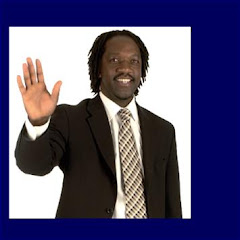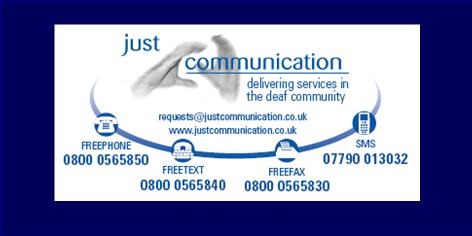Cochlear implants work for many deaf people, but the surgery involves big changes – those who reject it should not be judged writes Charlie Swinbourne
'The audiologist issued a warning about continuing to learn sign language.' Photograph: Turbo/zefa/Corbis
As a deaf person, there's a few standard things you expect to happen during an audiology appointment. These include: having your hearing checked and your ears piped with warm plasticine to make new ear moulds for your hearing aids (I've always secretly loved this bit), and being gently chided for not cleaning your ear moulds more regularly (I'm a lifetime offender).
Yet you may also come into contact with people who despite their job – treating deaf people – are not incredibly deaf aware. I've never met an audiologist who knows sign language, and have winced as I've watched some of them repeatedly call out patient's names with a slightly annoyed look on their face, as if they've forgotten that said patients (often sitting quietly reading an old copy of Reader's Digest) might not be able to hear them. What you wouldn't expect is for that lack of deaf awareness to go another extreme, and to have to endure your audiologist denigrating the deaf community you belong to because you have politely declined their offer of a cochlear implant. Yet this happened recently to deaf actress Emily Howlett. Howlett had been offered an implant before, and said no. But on this occasion, the audiologist refused to back down, telling her that she needed the operation, incredibly, "to prevent her falling into deaf society". This came after Howlett told her audiologist that in the last year – after acting a number of deaf short films – she has made deaf friends and started learning sign language, discovering the deaf community. As Howlett told me: "My identity is a deaf person now. I didn't go to deaf school, and I didn't grow up with deaf peers, but I'm deaf now and it's me. I'm not sure I want to change that." The audiologist responded by calling in a number of colleagues to help persuade her. Howlett said: "I told them that it was upsetting for them to sit there basically calling deaf people broken and disillusioned." The audiologist then issued a warning about continuing to learn sign language: "She said I would end up alienating all my hearing family and friends. My voice will go, and my lip-reading skills will decline. Meanwhile, my signing will never be as good as [deaf people] who grow up with it." The total lack of professionalism aside, what makes Howlett's experience more puzzling is that it's unclear how much benefit she would get from cochlear implants, because her deafness isn't due to a condition in her ears, but rather due to the way her brain processes the information her ears receive. "When I asked what benefit I'd get from cochlear implants," Howlett said, "the audiologist said she couldn't say for sure. I'd maybe end up with no improvement, or it might improve my tinnitus, or it might make it worse. Or I might be able to hear, although she admitted it'd never be good enough to hear speech properly." Despite this, the audiologist then said: "Don't let the deaf influence your decision. Make the right one.'" At this point, Howlett walked out. This is not an argument against cochlear implants. More and more deaf people now have them, and they have become more accepted in the deaf community (here is a fantastic blog charting the jump from hearing aids to cochlear implants). Several deaf people I know recently decided to have one fitted. The first, a father of two (who still uses sign language as well as speech to communicate), had an implant so he could hear his children if they cried, and also hopes in time to be able to use the phone again. The other loves music, and had implants after losing the little hearing he had left. Both weighed it up carefully and happily and feel they benefited from their decision, but that doesn't mean it should be assumed that they are the default option for every deaf person. There's no way of knowing exactly how you'll adapt to a new way of being able to hear. The 2007 documentary Hear and Now followed an American filmmaker's deaf parents as they had cochlear implants after a lifetime of deafness. The film showed how the couple had wildly contrasting responses, with the father embracing the implants, while the mother was deeply unsettled by sounds she had never heard before. On a less dramatic level, some deaf people I know have struggled to adjust to using digital hearing aids after wearing analogue hearing aids all their lives – which they've also complained that audiologists do not understand. While for many there is a positive outcome, implants are not an easy fix and they involve a massive change in deaf people's lives. There is an operation, recovery time, then a period of adjustment in which people learn to make sense of the sounds they're hearing, sometimes for the first time in their lives, sometimes after years of not being able to hear. Deciding whether or not to undergo surgery is a personal choice, and deaf people should not be judged for the decision they make.







